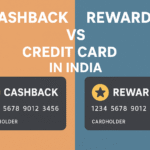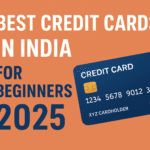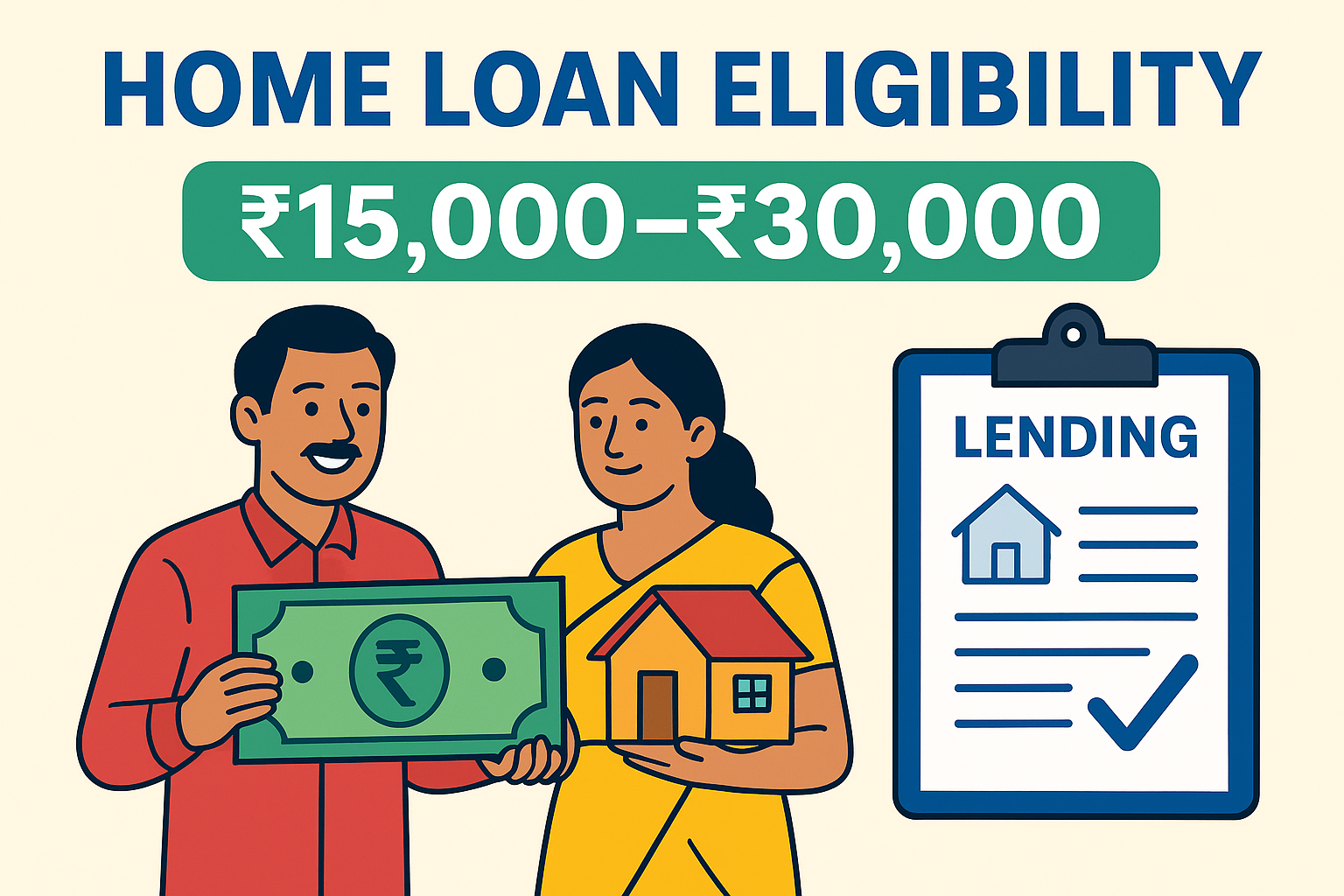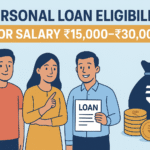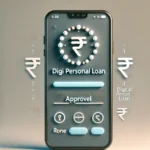Credit Cards: Advantages, Disadvantages, and Smart Usage Tips
In today’s digital economy, credit cards have become a vital part of personal finance. From online shopping to travel bookings and daily purchases, they offer unmatched convenience. However, when not used responsibly, they can turn into a serious financial burden. This blog aims to highlight both the advantages and drawbacks of credit cards, along with useful tips and answers to commonly asked questions.
Advantages of Using Credit Cards
1. Convenient Payments
Credit cards allow you to make purchases without carrying cash. Whether shopping online or at a store, they offer a hassle-free payment option.
2. Build Credit Score
A credit card helps establish your credit history. When used properly—paying bills on time and maintaining low balances—it positively affects your credit score.
3. Reward Programs
Many credit cards offer rewards like cashback, points, or travel miles on every transaction. These can be redeemed for discounts, vouchers, or even travel bookings.
4. Emergency Financial Backup
A credit card provides instant funds during emergencies, such as medical issues, unplanned travel, or urgent purchases.
5. Interest-Free Grace Period
Most cards offer a no-interest period of 30 to 50 days if the balance is cleared in full before the due date. This gives you short-term credit without any cost.
6. Additional Benefits
Premium cards offer added perks like complimentary airport lounge access, hotel discounts, fuel surcharge waivers, and insurance covers.
7. Fraud Protection
If your card is lost or misused, you can block it immediately and raise a complaint. Many banks offer zero liability protection against fraudulent transactions.
Disadvantages of Using Credit Cards
1. High Interest Rates
If you carry forward your dues, interest charges can accumulate rapidly, often ranging between 2% to 4% monthly, making it costly.
2. Encourages Unnecessary Spending
Because you’re not paying immediately, it’s easy to overspend on things you may not need, leading to uncontrolled expenses.
3. Hidden Fees and Charges
Credit cards may include charges like annual fees, late payment fees, and transaction fees. These can eat into your finances if not tracked.
4. Negative Impact on Credit Score
Delayed payments or defaulting on your dues can reduce your credit score, affecting your chances of getting loans or other credit facilities.
5. Risk of Debt Trap
Carrying forward minimum payments and making new purchases can spiral into an unmanageable debt cycle.
6. Card Fraud and Data Theft
Although secure, credit cards are still vulnerable to hacking, phishing, or data breaches, especially during online transactions.
Smart Credit Card Practices
- Pay full outstanding balance on or before the due date.
- Avoid using the card for cash withdrawals.
- Use cards with features that match your lifestyle.
- Stay within 30-40% of your total credit limit.
- Set alerts for bill due dates and transaction limits.
- Regularly check your statements for errors or unauthorized charges.
20 Frequently Asked Questions (FAQs) about Credit Cards
1. What is a credit card?
A credit card is a payment tool that allows you to borrow money from a bank up to a set limit and repay it later.
2. How does a credit card work?
You use the card for purchases and repay the borrowed amount by the due date. If not paid in full, interest is charged on the balance.
3. Will a credit card affect my credit score?
Yes, responsible usage boosts your score, while delays or defaults can lower it.
4. How can I avoid paying interest on a credit card?
Pay your full bill within the due date to enjoy interest-free usage.
5. What happens if I only pay the minimum due?
You’ll avoid penalties, but the unpaid amount attracts high interest and extends your debt period.
6. Can I use a credit card for cash withdrawal?
Yes, but it’s not recommended due to high fees and no interest-free period.
7. What is a billing cycle?
It’s the period between two consecutive statement generations, typically 30 days.
8. What are reward points?
Points earned on purchases that can be redeemed for products, vouchers, or cashback.
9. How do I choose the right credit card?
Compare cards based on your spending habits, fees, rewards, and benefits.
10. Can I own multiple credit cards?
Yes, but managing them responsibly is important to avoid debt.
11. What should I do if I lose my card?
Immediately inform your bank and block the card to prevent misuse.
12. Are there fees associated with credit cards?
Yes, including joining fees, annual charges, late fees, and more.
13. What is a credit limit?
It’s the maximum amount you can spend using your credit card.
14. How can I increase my credit limit?
You can request a limit increase if you have a good payment history.
15. Will cancelling a card affect my credit score?
It might, especially if it was your oldest card or had a high limit.
16. What’s the difference between a credit card and a debit card?
A debit card uses your bank balance; a credit card uses borrowed money.
17. Can students get a credit card?
Yes, some banks offer student credit cards with lower limits.
18. Is it safe to use a credit card online?
Yes, if used on secure websites and transactions are verified with OTPs.
19. Can I pay utility bills using a credit card?
Absolutely. Most service providers accept credit card payments.
20. How often should I check my credit card statement?
At least once a month to track spending and spot errors or fraud.
Conclusion
Credit cards offer tremendous financial convenience and rewards when used wisely. They can build your credit history and provide a buffer during emergencies. However, careless usage can lead to mounting debt and poor financial health. The key is to treat your credit card as a tool for financial discipline—not as a means to spend beyond your means.





